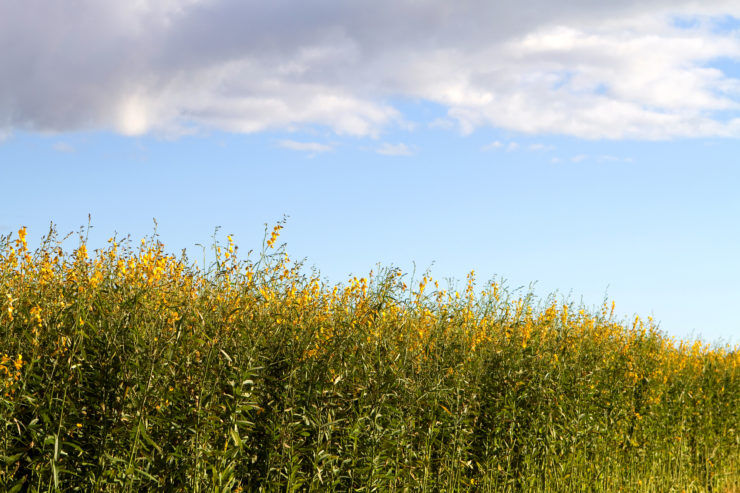
On Thursday, SB 1409, which proposes changes to California’s industrial hemp laws, was referred to committee. This piece of legislation proposes some much-needed updates to California’s industrial hemp laws. In our experience, states with adult use marijuana regulations, like California, tend to move more slowly building out their industrial hemp programs, which often come in as an afterthought. In that respect, SB 1409 is a welcome effort.
Currently, California law regulates the cultivation of industrial hemp, and specifies certain procedures and requirements on cultivators, not including an established agricultural research institution. Existing law defines “industrial hemp,” via the California Uniform Controlled Substances Act, as a fiber or oilseed crop, or both, that is limited to the non-psychoactive types of the plant Cannabis sativa L. and the seed produced from that plant.
Existing California law also requires that industrial hemp only be grown by those on the list of approved hemp seed cultivars. That list includes only hemp seed cultivars certified on or before January 1, 2013. Industrial hemp may only be grown as a densely planted fiber or oilseed crop, or both, in minimum acreages. Growers of industrial hemp and seed breeders must register with the county agricultural commissioner and pay a registration and/or renewal fee.
SB 1409 proposes to delete the exclusionary requirement that industrial hemp seed cultivars be certified on or before January 1, 2013. Additionally, “industrial hemp” would no longer be defined restrictively in the California Uniform Controlled Substances Act as a fiber or oilseed crop, and the bill would delete the requirement that industrial hemp be grown as a fiber or oilseed crop, or both. Presumably, this will allow cultivators to harvest hemp for CBD derivation, and related use.
SB 1409 would also authorize the state Department of Food and Agriculture to carry out, pursuant to the federal Agricultural Act of 2014, an agricultural pilot program for industrial hemp. Twinning a state-sanctioned pilot program with licensed, private cultivation is a model that has worked well in other states, like Colorado and Oregon. SB 1409 seems to have been well-researched in that sense.
To read more about the current state of industrial hemp under federal law, as well as what other states have done to regulate it, take a look at these posts:
We look forward to seeing whether California will take the lead, or at least take serious steps, toward regulating industrial hemp in a progressive way. SB 1409 was introduced only last month and seems to be moving along nicely. We will keep an eye on this bill, and keep you updated on any developments.



